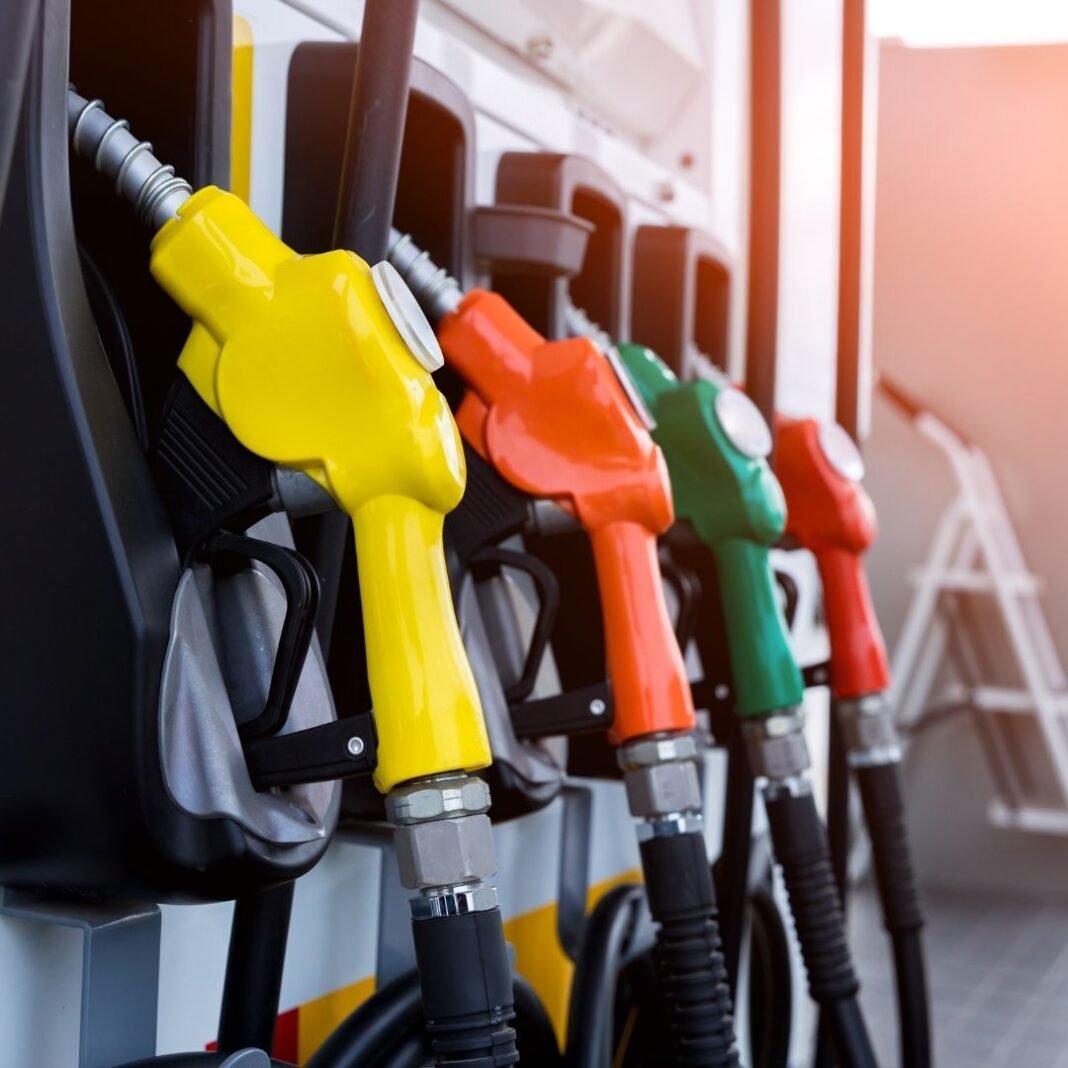The Senate Standing Committee on Petroleum has just passed the Petroleum (Amendment) Act 2025, aiming to bring Pakistan’s petroleum supply chain under digital surveillance. While it passed with only a slim majority—sparking pushback from some provinces—the real story isn’t about the politics. It’s about whether this bill can actually transform one of Pakistan’s leakiest sectors.
What the Bill Actually Does
The bill updates the 1934 Petroleum Act, giving regulators the authority to digitize the entire petroleum supply chain. This includes GPS-tagged tankers, ERP integration with refineries and oil companies, and dashboards for real-time tracking.
The government’s claim is simple: petroleum smuggling, black marketing, and adulteration cost Pakistan anywhere from Rs 227 billion to Rs 500 billion each year. By monitoring movement from import to retail station, officials hope to seal these leaks, boost transparency, and raise badly needed revenue.
What Digitization Means
In practical terms, digitization here means:
- Real-time visibility of fuel tankers on GPS.
- Digital tagging of stations and depots.
- ERP data integration from refineries and marketing companies into a centralized OGRA system.
- Dashboards for enforcement so customs, commissioners, and regulators can act quickly when anomalies appear.
In short: Pakistan wants to swap a paper-heavy, loophole-ridden system for a digital “track and trace” model—similar to what’s already being used in the cigarette industry.
Why It Could Be a Game-Changer
If implemented correctly, the impact could be massive:
- Plugging Financial Black Holes
The state bleeds billions every year from smuggling and adulteration. Even recovering half of that could significantly ease fiscal pressure. - Cleaner Fuel, Safer Engines
Tracking systems would make adulteration harder, reducing environmental damage and protecting consumers’ vehicles. - A Push Toward Modernization
Digitization here isn’t just about oil—it’s a step toward normalizing digital monitoring across industries, aligning with Pakistan’s broader digitization agenda. - More Accountability
With transparent data, it becomes harder for middlemen and corrupt players to hide malpractice.
Where It Could Backfire
But there are concerns—especially from Balochistan’s senators, who opposed the bill. They argue that smaller local businesses may not be able to comply with digital systems, leading to closures and job losses. Others fear the system could become another bureaucratic tool that penalizes the weak while letting larger players negotiate their way out.
And then there’s the reality of Pakistan’s digital governance: building dashboards is easy, but ensuring reliable data, training enforcement officers, and keeping corruption at bay are far harder. Tech alone doesn’t erase malpractice—it just changes its form.
The Bigger Picture
The passage of this bill—even by a thin majority—is a recognition that Pakistan can’t afford to let billions slip through the cracks of an outdated petroleum system. Whether it transforms the sector or simply adds a shiny new layer to old problems depends on execution.
If successful, it could mark a turning point: proving that digitization can save Pakistan money, strengthen governance, and bring informal sectors into the fold. If not, it risks being remembered as another ambitious reform that never made it past the implementation stage.



